
The United States’ tariff war has affected businesses all across America and furniture manufacturers have been hit particularly hard. One popular furniture chain in the Southern United States is closing one of its key locations in North Carolina. It’s one of many furniture stores dealing with the fallout of tariffs.
Continued Concern Over Tariffs
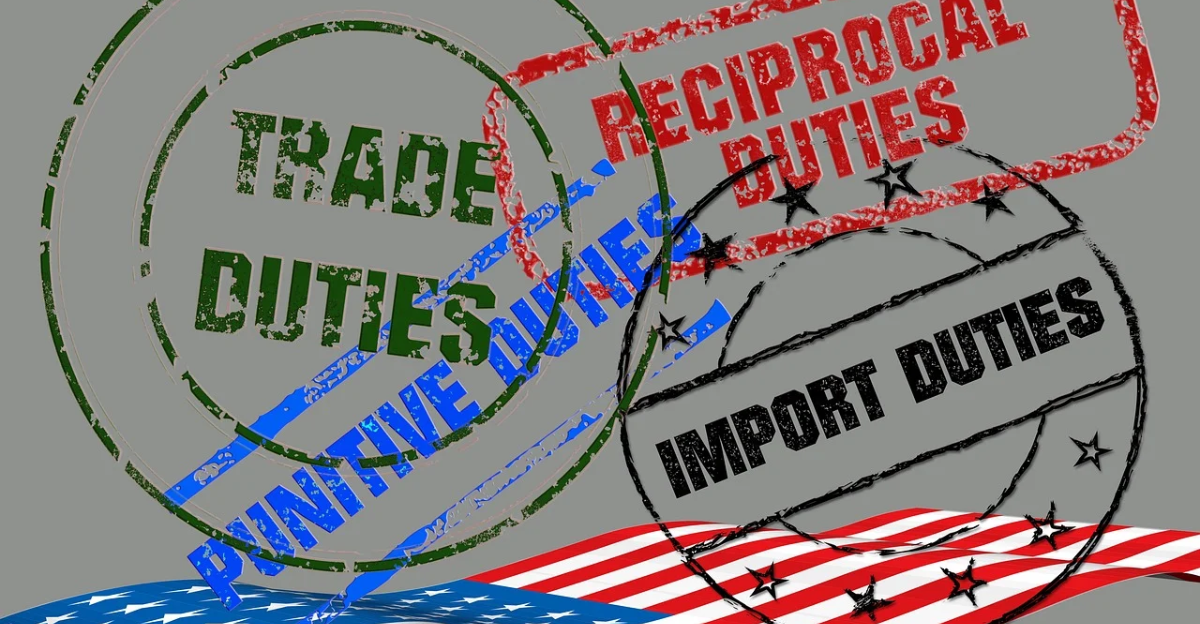
President Donald Trump had officially announced global tariffs in early April, claiming that they would help to liberate the country from economic difficulties. Many economists have extensively ridiculed the tariffs, which have had a massive impact on the economy and on companies that require foreign parts for manufacturing. The move immediately affected companies, fearing that they would no longer be able to provide their customers with competitive pricing or affordably source the parts they need.
Many Companies Work With China
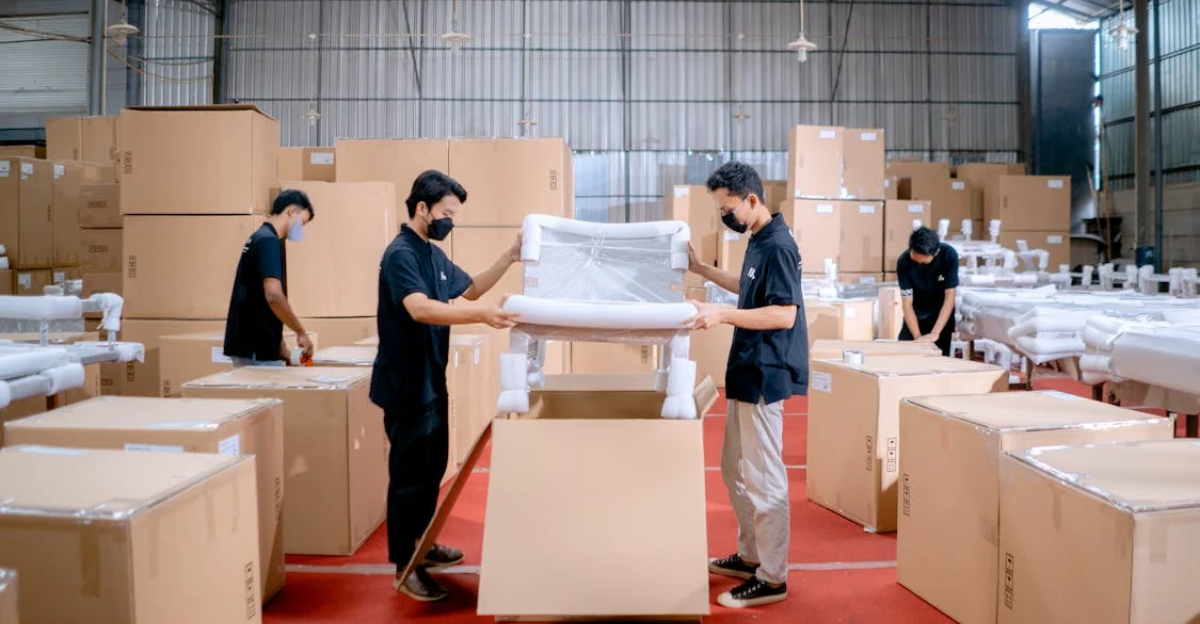
The tariffs have hit American furniture companies particularly hard. While hundreds of furniture houses make their goods in the United States, and many of them use locally sourced wood, it is typical for them to source other parts from foreign countries, with China, Mexico, and Canada all providing many of these parts. Likely, these companies will not be able to survive without passing on additional costs to their customers.
One Chain Had to Close Down an Important Store
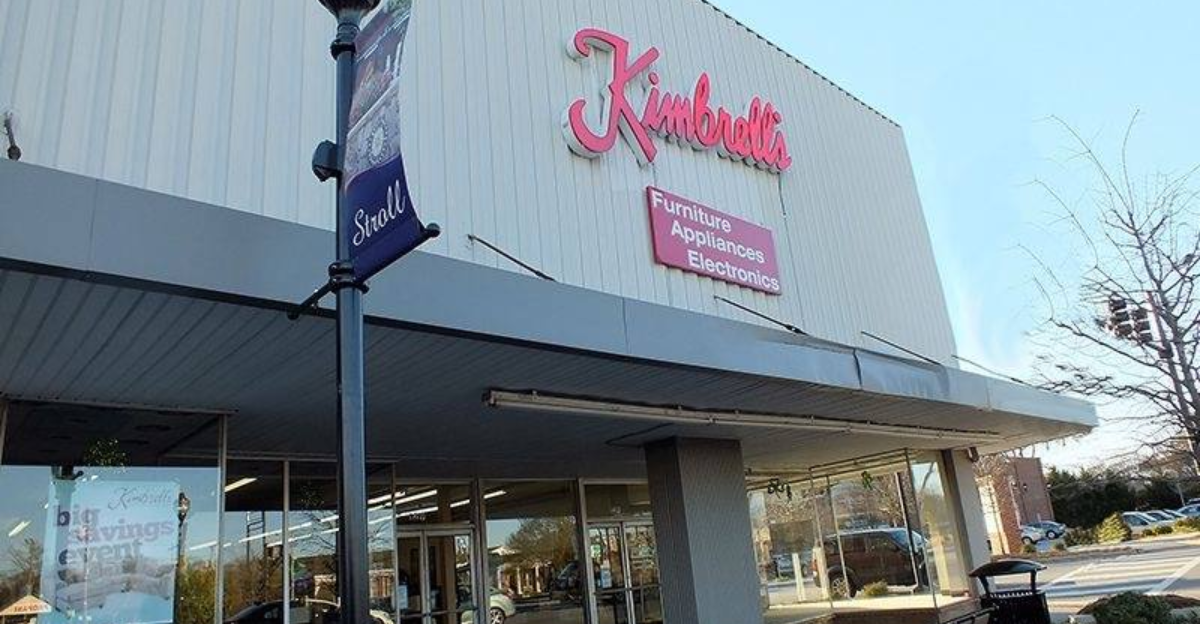
Kimbrell’s was founded in Columbia, South Carolina, over 100 years ago in 1915. Focusing on everything that can go into a home: sofas, bedding, dining room and living room furnishings, the store also offers home appliances, though these are made by other companies. Kimbrell’s achieved early success. The chain grew rapidly, but then suffered through the Great Depression and World War II. Once the Second World War was over, things boomed for the furniture manufacturer, and they opened various stores throughout North and South Carolina as well as Georgia.
Over the last two years, Kimbrell’s has quietly closed five of its stores, but the most recent closing announcement is a bit more troubling. In 2023, the organization opened a store in High Point, North Carolina, among the most famous furniture towns in America. That store will close in the coming months after just a few years. The store, which takes up a 24,000 square foot location, is expected to be sold. Despite the issues with store closings and the rising costs associated with the new tariffs, Kimbrell’s says that they currently have no plans of filing for bankruptcy.
The Popular Chain Had Closed a Store Before

Interestingly, this wasn’t the first time a store that Kimbrell’s had lauded as its 50th store had closed. The brand celebrated the opening of its 50th store in Spartanburg, South Carolina in 1991. That store did not make it and was closed at an undetermined date. Kimbrell’s also opened a 50th store in 2014 in the town of Goose Creek, South Carolina. As of May of 2025, that location is still in operation.
Mexico and Canada Have Been Hit Hard

Mexican and Canadian companies have long had symbiotic relationships with American companies, relying on each other to keep their businesses running smoothly. Some have argued that with a demand for materials sourced from overseas, they should just be made in America. While that could be a solution eventually, it may take years for those new factories to be built.
Relocating Business to America

Prepac, a Canadian company, has shown how companies in other countries could react to the American tariffs. The brand has decided to close its factory in Delta, British Columbia, and instead move all manufacturing to an existing plant in North Carolina. While the company’s CEO said that this was the plan before the tariffs were announced, the situation shows how the measures could affect workers and businesses located in other countries.
Challenging Business Conditions
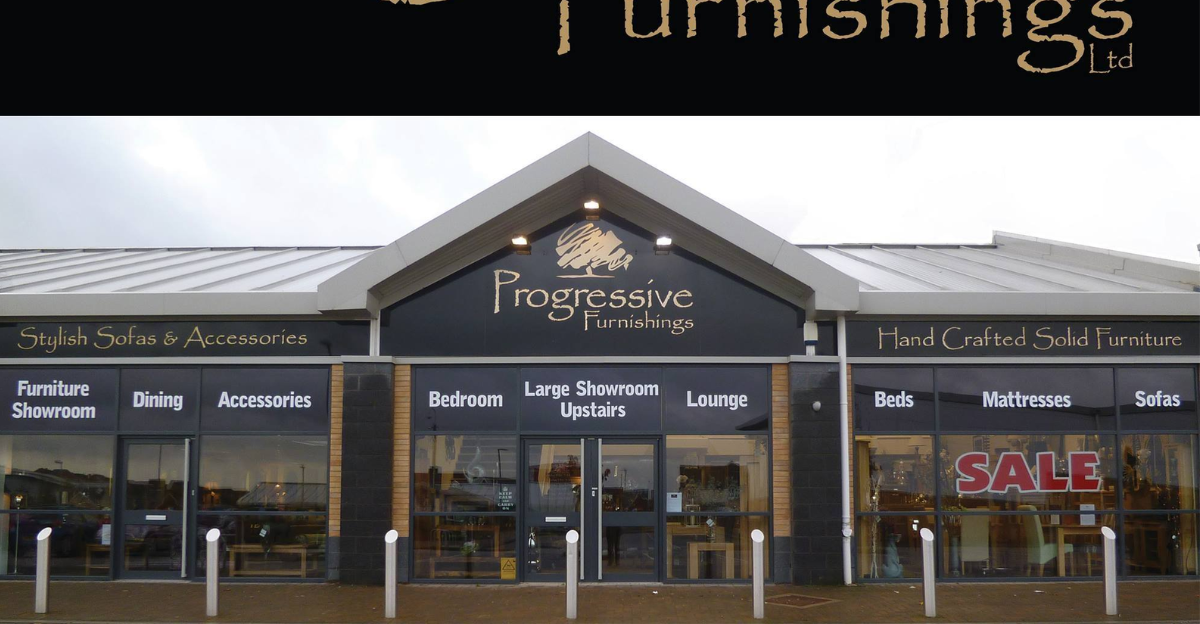
Progressive is another furniture company that will be shutting down operations due to severe financial issues. Progressive is a subsidiary of Sauder Woodworking, a North Carolina company that is one of the country’s five largest residential furniture producers. Progressive has been in operation for more than 30 years, but the organization was already experiencing issues within its factory with staffing and hours before the measures were announced. Progressive relies on Mexico to source many of its pieces. While not blaming the new tariffs for its closing, the company did admit that the measures certainly played a role in its closing.
Dan Kendrick, President of Progressive, explained, “This decision was not made lightly, and we understand the impact it will have on our employees, customers, and partners. Obviously, business conditions have been challenging for the past few years, but the closure of our primary supplier in Mexico has made a major impact.”
COVID-19 Had Already Roiled the Market
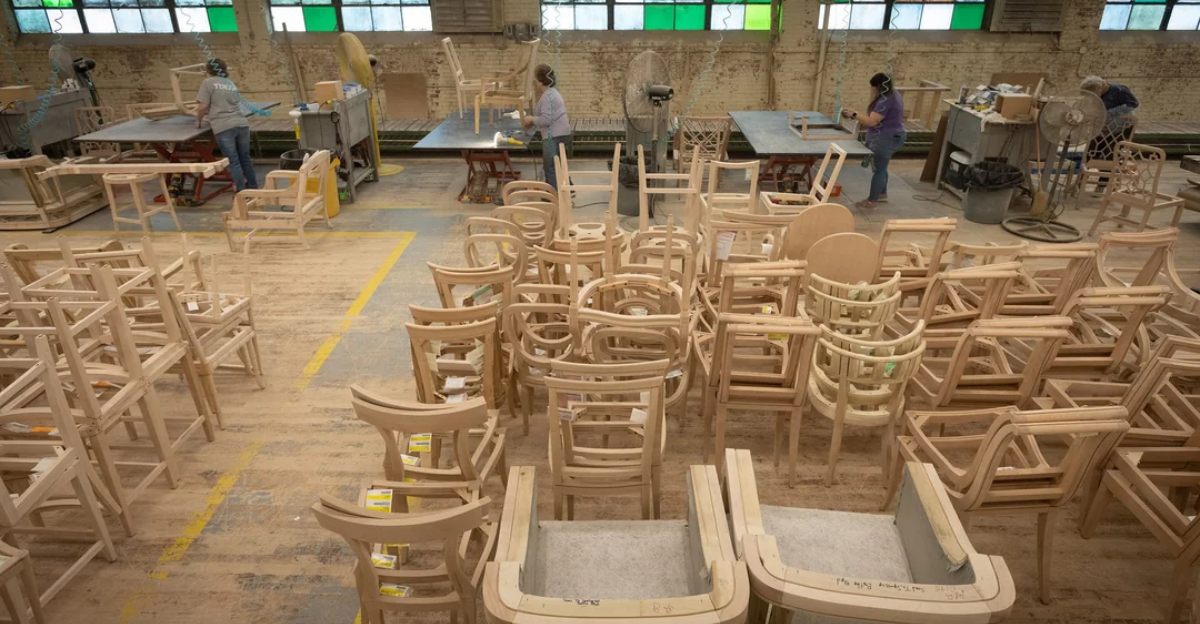
Many of these furniture companies are experiencing new hardships just years after recovering from COVID-19. The global pandemic had a major impact on sourcing, as the shutdowns at many companies made raw materials scarce. The pandemic forced many struggling organizations to close, while others were just recovering from the slowdown in business.
Companies Are Worried

Certain companies within the furniture market are already closing while others are holding out hope that if they can make it through this period, they could eventually thrive. Others are not so sure. One furniture retailer told Furniture Today, “Tariffs will not stimulate domestic manufacturing as the president suggests. The idea that, as an industry, we can pivot to domestic manufacturing when that disappeared over the last three decades is foolish. Furthermore, there’s little to no motivation to invest in factories. The ROI would take many years and that requires a robust economy with strong consumer confidence, which is currently undermined by each passing day.”